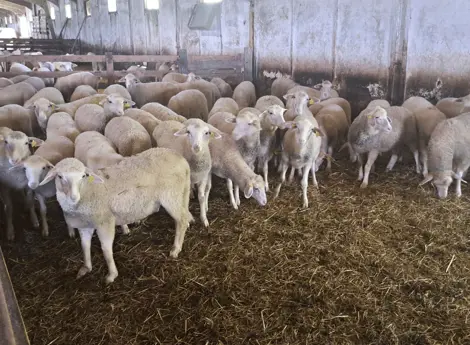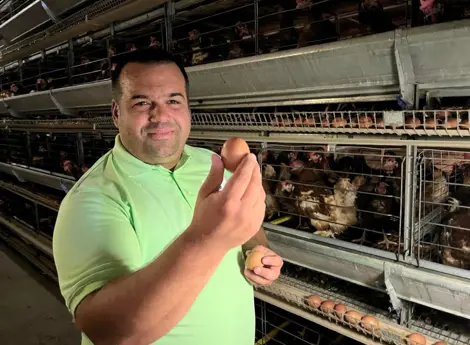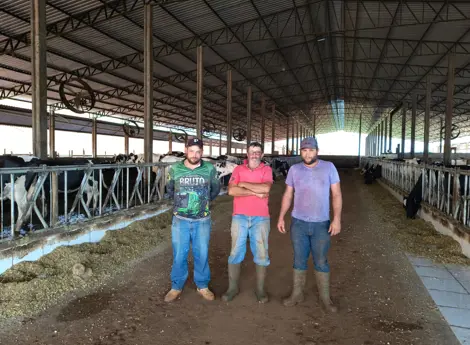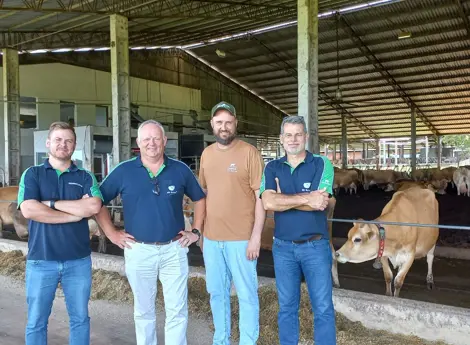With KOVITAL, I’ve improved our calf replacement
Joaquín García Nogales grew up helping his father on the family’s cattle and pig farm. In 1993, he began working as a manager at Fomento Ganadero Extremeño S.A. Ever since De Heus came to his region, he has relied on the advice of our technical team to improve the replacement rate of his calves.
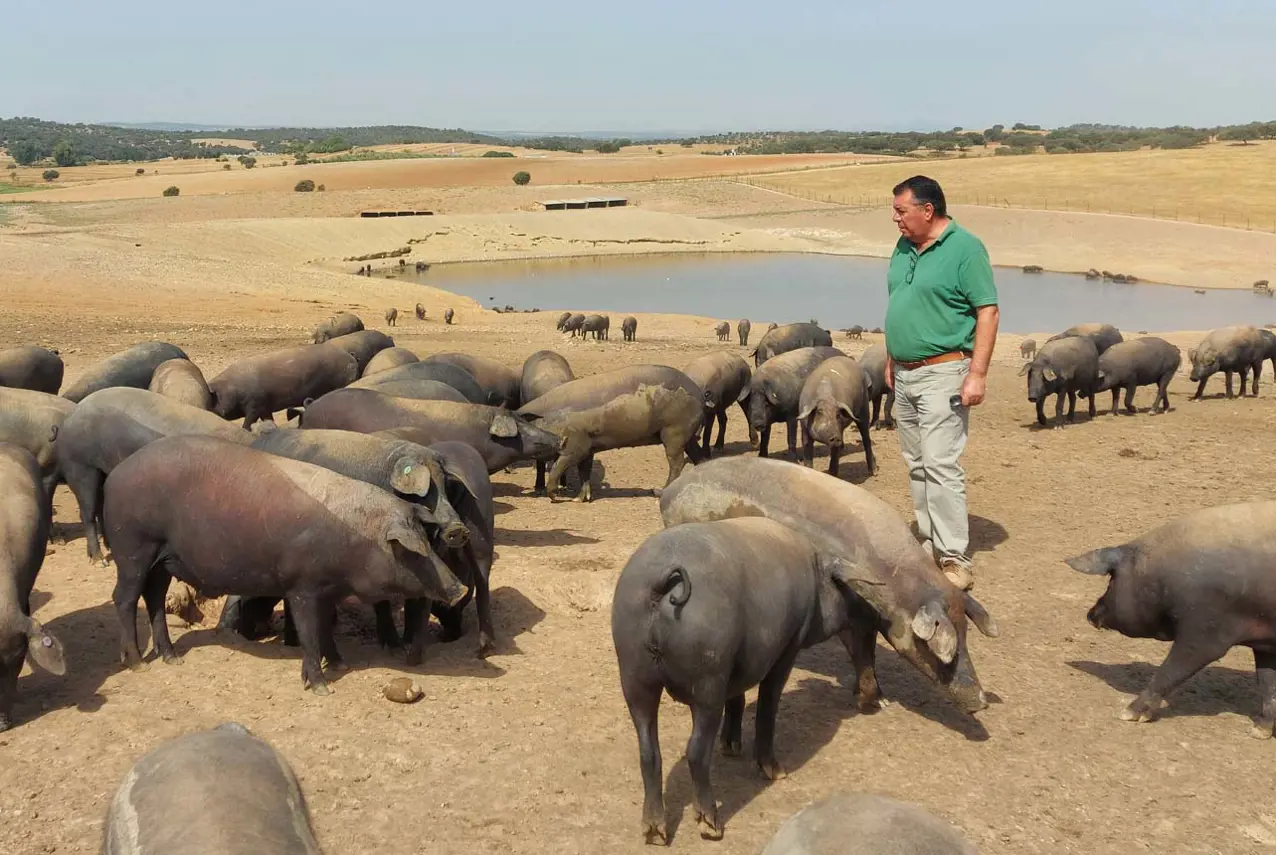
Joaquín has been a farmer by vocation and profession for 50 years. He currently manages six farms, where he rears sheep, cattle and pigs, both Iberian and his own crosses. On all the farms, the animals are bred extensively, meaning they are free to roam the pastures of Extremadura.
“In total, the farms have 600 beef cattle, 1,800 meat sheep and 700 Iberian pig mothers. These produce 10,000 piglets, including pure Iberians and 50% Duroc Iberians, of which around 5000 go to the mountains and the rest are for free range fattening. We also have 5 Iberian boars and five Duroc boars at our own insemination centre,” says Joaquín.
Making the most of the resources of the countryside and combining them with feed that will encourage growth
The Extremadura region is known around the world for its acorn-fed Iberian pigs. Joaquín explains the breeding process:
“Here in Extremadura, the Iberian pig is essential for the economy and tradition. We breed the animal to make use of the acorn, a natural resource on our holm-oak pastures that gives the ham its unmistakable flavour and texture. Until the age of 18 months, we give these pigs De Heus growth feed. This guarantees the full development of the animals whilst benefitting from whatever grasses the countryside provides us that year. Once the animals are 18 months old, they start eating acorns for 3 or 4 months. This is where the unmistakable flavour of the famous Iberian hams and sausages comes from.”
For the extensive farming, Joaquín uses the De Heus marketing services, the PASCAR programme. “We have an 85-90% production of calved cows per year. The calves stay on the farm for feeding and we then trade them through the De Heus PASCAR sales services. Their agreements with various slaughterhouses around Spain mean less worry for us and facilitates the logistics of the sales and distribution.”
“One huge improvement we’ve seen in recent months is the replacement of the calves in the feedlot. At the weighings we do roughly every 60 days, since introducing the new feed from the KOVITAL range, we’ve found that we are obtaining replacements for females of 1,300 kg/day and 1,800 for males. We’re very happy about that,” he says.
“With respect to the sheep, the lambs spend 30 days with their mothers before being taken to the feedlot where they stay until they are 25 kg, fed with CEBICOR INDUSTRIAL feed. Since De Heus purchased the La Garrovilla factory in Extremadura, I’ve relied on its nutritional plans for my animals. The quality, service and advice are the things I value most about the relationship, and I hope it lasts for many years.”
Quality of the feed and professional advice
“We’ll continue to work with De Heus because of the high quality of their feed and, no less important, the excellent service provided by their team of professionals. The technical-commercial team is essential for helping us with any day-to-day problems that may arise with the animals. The De Heus technicians regularly visit the farms and if they see any abnormalities in any animals, they supervise the farming and collect samples to send to their labs for analysis. This allows us to receive suitable diagnostics and quickly identify any incidents.”
“For me, the most important thing is the wellbeing of our animals, and that can only be achieved by working with good professionals and having sound advice like that provided by the De Heus teams,” concludes Joaquín.





